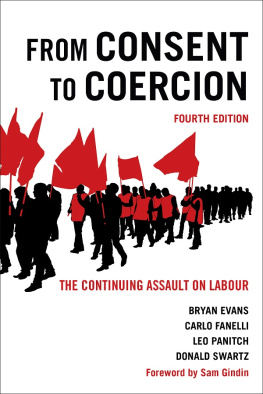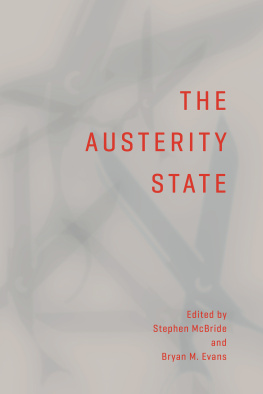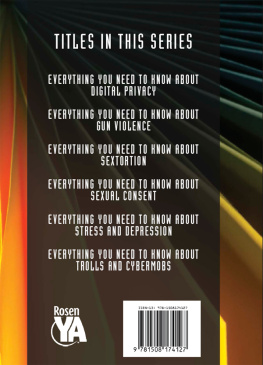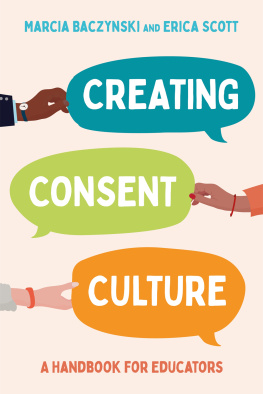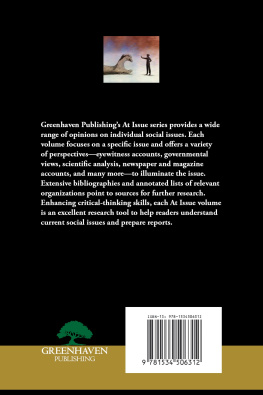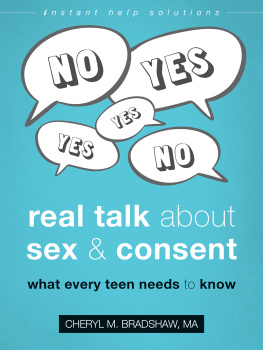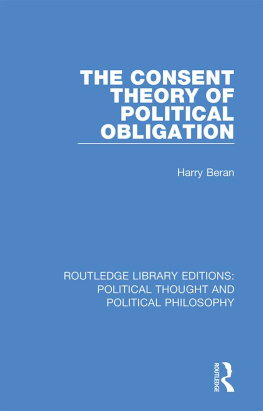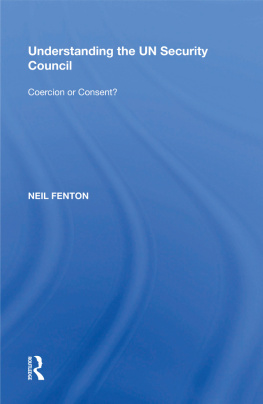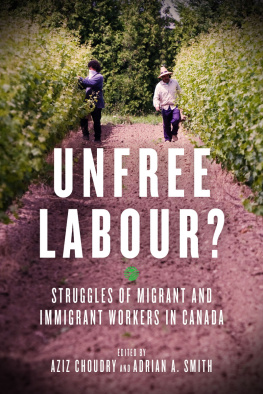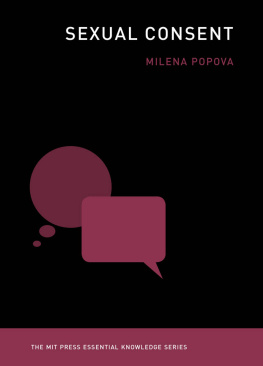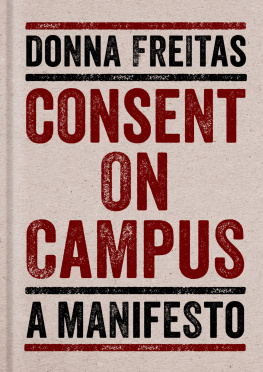Landmarks

FROM CONSENT TO COERCION
FOURTH EDITION
FROM CONSENT TO COERCION
THE CONTINUING ASSAULT ON LABOUR
Bryan Evans
Carlo Fanelli
Leo Panitch
Donald Swartz
Foreword by Sam Gindin
UNIVERSITY OF TORONTO PRESS
Toronto Buffalo London
University of Toronto Press 2023
Toronto Buffalo London
utorontopress.com
Printed in the U.S.A.
ISBN 978-1-4875-0646-9 (cloth) ISBN 978-1-4875-3421-9 (EPUB)
ISBN 978-1-4875-2436-4 (paper) ISBN 978-1-4875-3420-2 (PDF)
All rights reserved. The use of any part of this publication reproduced, transmitted in any form or by any means, electronic, mechanical, photocopying, recording, or otherwise, or stored in a retrieval system, without prior written consent of the publisher or in the case of photocopying, a licence from Access Copyright, the Canadian Copyright Licensing Agency is an infringement of the copyright law.
Library and Archives Canada Cataloguing in Publication
Title: From consent to coercion : the continuing assault on labour / Bryan Evans, Carlo Fanelli, Leo Panitch, Donald Swartz ; foreword by Sam Gindin.
Names: Panitch, Leo, author. | Evans, Bryan M., 1960, author. | Fanelli, Carlo, 1984, author. | Swartz, Donald, 1945, author. | Gindin, Sam, writer of foreword.
Description: Fourth edition. | Revision of: Panitch, Leo. From consent to coercion. | Includes bibliographical references and index.
Identifiers: Canadiana (print) 20220470863 | Canadiana (ebook) 20220470901 | ISBN 9781487524364 (paper) | ISBN 9781487506469 (cloth) | ISBN 9781487534219 (EPUB) | ISBN 9781487534202 (PDF)
Subjects: LCSH: Labor unions Canada History. | LCSH: Labor unions Law and legislation Canada History. | LCSH: Collective bargaining Canada History.
Classification: LCC HD6524 .P35 2023 | DDC 331.890971 dc23
We welcome comments and suggestions regarding any aspect of our publications please feel free to contact us at .
Every effort has been made to contact copyright holders; in the event of an error or omission, please notify the publisher.
We wish to acknowledge the land on which the University of Toronto Press operates. This land is the traditional territory of the Wendat, the Anishnaabeg, the Haudenosaunee, the Mtis, and the Mississaugas of the Credit First Nation.
University of Toronto Press acknowledges the financial support of the Government of Canada and the Ontario Arts Council, an agency of the Government of Ontario, for its publishing activities.

Contents
SAM GINDIN
Graphs
Tables
This new edition of The Assault on Trade Union Freedoms could not have been produced without the contributions of Dan Crow, Larry Savage, and Chuck Smith, who provided us with their outstanding research skills, helped in drafting various sections of the new Chapter 9, and, with the assistance of Travis Fast, updated all the tables. Greg Albo, Chris Boyle, and Byron Sheldrick provided us with equally indispensable assistance in the preparation of the earlier editions of this book. Few authors could have been as fortunate in having such capable and inspired researchers; they not only shared our sense of the importance of the project but contributed so much to the development of our ideas.
The origins of this book go back to 1982, when controversy still swirled around the Trudeau governments introduction of its 6 and 5 public-sector wage controls program. This program initiated a process whereby almost one-third of Canadas organized workers lost their right to strike for between two and three years. In October of that year, we argued in a conference paper (subsequently published in Swimmer and Thompsons edited volume, Conflict or Compromise, and in revised form in the journal Labour/Le Travail) that this measure heralded the closing of an era of free collective bargaining and the shift towards a more coercive, less consensual system of state-labour relations. The paper was widely noted, with various versions of the argument also published inside the labour movement. In 1984, Garamond Press asked us to update the paper and extend our discussion of trends in the provinces. This update appeared as the monograph From Consent to Coercion in the spring of 1985.
In view of that monographs relatively wide use among students and trade unionists, and continuing developments that seemed to confirm our argument, Garamond suggested in the summer of 1987 that we prepare a revised and updated edition. Before we finished documenting and analyzing the relevant material, including assessing the Charter of Rights and Freedoms impact on trade union rights, it became clear to us that we were in the process of producing virtually a new book. This became the first edition of The Assault on Trade Union Freedoms: From Consent to Coercion Revisited, published in the summer of 1988.
This book became rather influential as well as controversial, and we were urged to update it further in light of developments after the mid-1980s. This proved to be no simple task, in view of the sheer amount of relevant events, legislation, and court judgments that needed to be researched and analyzed up to the early 1990s. The same has proved to be true in the preparation of this third edition, covering the events of the last ten years. We have thus added two new chapters: Chapter 9 covers all the relevant developments at the federal, provincial, and judicial levels; and Chapter 10 is an extensive reflection on the limits of the old labour strategies and what an effective set of new strategies for labour entails for the twenty-first century.
We could not have managed without the benefit of discussions and criticisms, as well as considerable help and encouragement, from many other friends and colleagues in the universities, the government, and the labour movement. In this regard, we would like to mention Harry Arthurs, Morna Ballantyne, Amy Bartholemew, Peter Bellefeuille, Steve Benedict, Geoff Bickerton, Jules Bloch, Linda Briskin, John Calvert, Stephanie Copeland, Barry Fleming, Patsy Gallagher, Michel Gauvin, Sam Gindin, Ian Green, Steve Jelly, Larry Katz, Greg Kealey, John Laing, Mike Lebowitz, Carla Lipsig-Mumme, Gil Levine, Stan Marshall, Gregor Murray, Merrill ODonnell, Joe Roberts, Errol Sharpe, Sid Shniad, Gene Swimmer, Sharon Yandle, Rosemary Warskett, Reg Whitaker, and Sharon Wood. We are especially grateful for Judith Fudge, Harry Glasbeek, and Rosemary Warskett for having read and provided very helpful comments on the new chapters for this edition.
We also owe thanks, for their generous financial support at all stages of the project, to Carleton and York Universities, and to the Social Science and Humanities Research Council of Canada. We would like to thank Peter Saunders of Garamond Press for his help and encouragement over the years; and for providing us in the past with the considerable editorial assistance of Carmen Palumbo, Sharon Nelson, Melodie Mayson, Ted Richmond and, for this edition, Margaret Tessman. Finally, we want to again thank Melanie Panitch and Jane Swartz and our children, for their warmth, understanding, and unceasing support.
Leo Panitch
Donald Swartz
February 2003
The first edition of From Consent to Coercion was published by Leo Panitch and Donald Swartz in 1985. It argued, controversially, that Canada was witnessing the end of the era of free collective bargaining, which began in the mid-1940s, and the emergence of a new era where coercion would play a significantly greater role in securing the subordination of workers to capital. Since then, they twice updated the book, first in 1993 and again in 2003, as the evidence supporting their arguments grew. When Carlo Fanelli and Bryan Evans proposed undertaking a fourth edition that would bring the historical record up to the present, both Leo and Donald provided enthusiastic encouragement. Sadly, as many reading this will know, Leo passed away suddenly on 19 December 2020. It is bittersweet for us that Leo is not present to share in the joy of seeing several years work concluded and made available to students and researchers. It would be impossible to briefly summarize the immense intellectual contributions of Leos writing. Since his passing, a range of special issues has commemorated his lifelong works. This includes:

